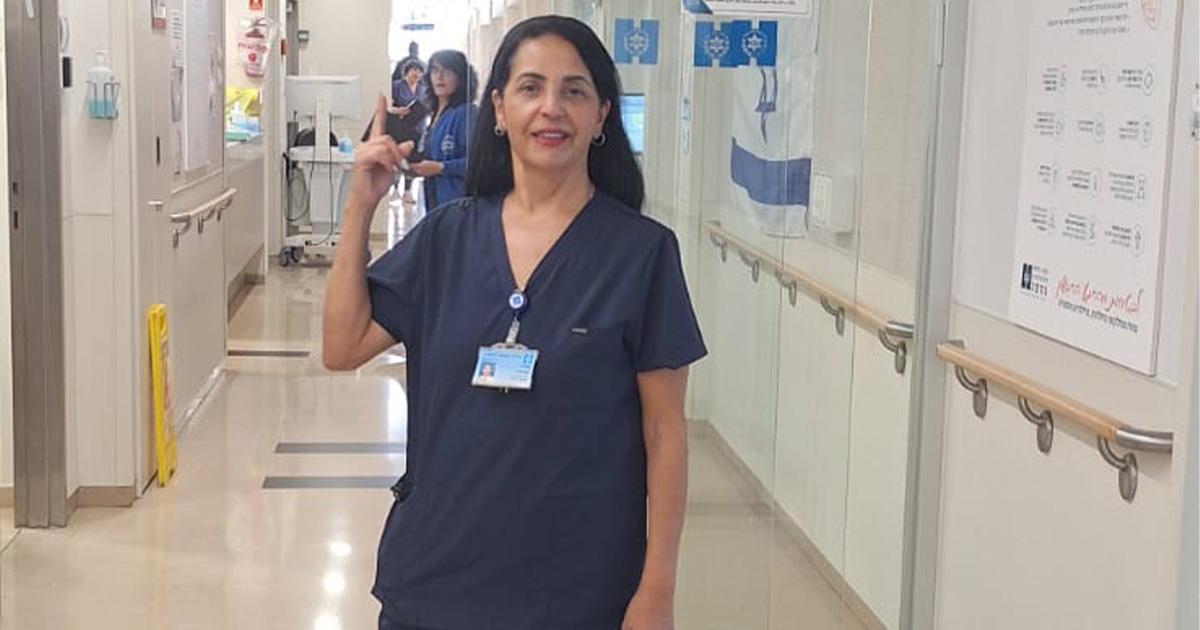On March 18, acting co-CEO Sheryl Zeligson represented Hadassah at the White House to celebrate Women’s History Month and President Biden’s new executive order focused on one of Hadassah’s longtime advocacy priorities: women’s health research.
For years, Hadassah has expressed deep concern about the tremendous gaps in knowledge regarding women’s biology, health and disease and by the scarcity of research being done to fill those gaps. We have advocated for increased study, funding and awareness around women’s health issues. As a result of our advocacy, it is exciting to see advances through the Biden administration and Congress focused on this important issue.
Administration Actions
President Biden announced new proposed funding for women's health in the federal budget and spoke about the new Initiative on Women’s Health Research and the Sprint for Women's Health spearheaded by Dr. Jill Biden.
These programs aim to change how the world approaches and funds women’s health research by bringing together the federal government, private investors and philanthropic supporters. Additionally, the Advanced Research Projects Agency for Health (ARPA-H) will accelerate new research and discoveries in women’s health through $100 million to advance high-impact research that will improve women’s health outcomes.
Efforts in Congress
During a House Energy and Commerce Health Committee hearing that discussed legislation that would support patients and caregivers, Dr. Christina Annunziata, senior vice president of extramural discovery science at the American Cancer Society, testified about three bills that will help improve women’s health research and fund women’s health programs. She spoke in support of the Women and Lung Cancer Research and Preventative Services Act of 2023 (HR 4534), which would expand women’s health research related to breast and lung cancer.
Lung cancer diagnoses in women has increased by 84% in less than 45 years, with women who have never smoked twice as likely to get lung cancer than men. The gender disparity is not well understood due to a lack of research, as lung cancer receives the least research funding per death among major cancers, even though it kills more women in the US than breast, ovarian, and cervical cancers combined.
Economic Impact Research
According to a recent McKinsey Health Institute research study, addressing the significant health gap between women and men has the dual potential to enhance the well-being of millions of women and stimulate the global economy by over $1 trillion yearly by 2040.
What You Can Do
Write to your legislators today to support the Women and Lung Cancer Research and Preventive Services Act!



.svg)





